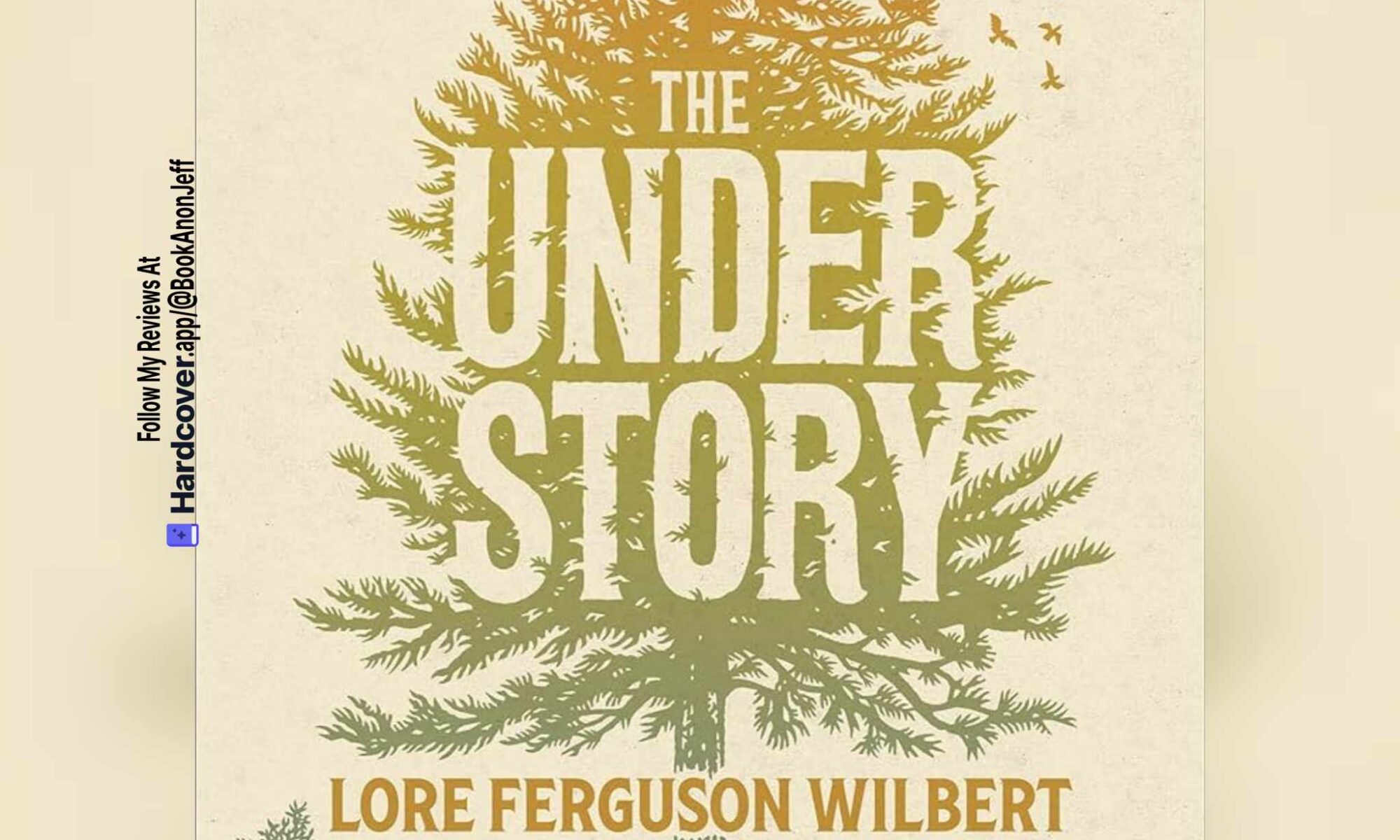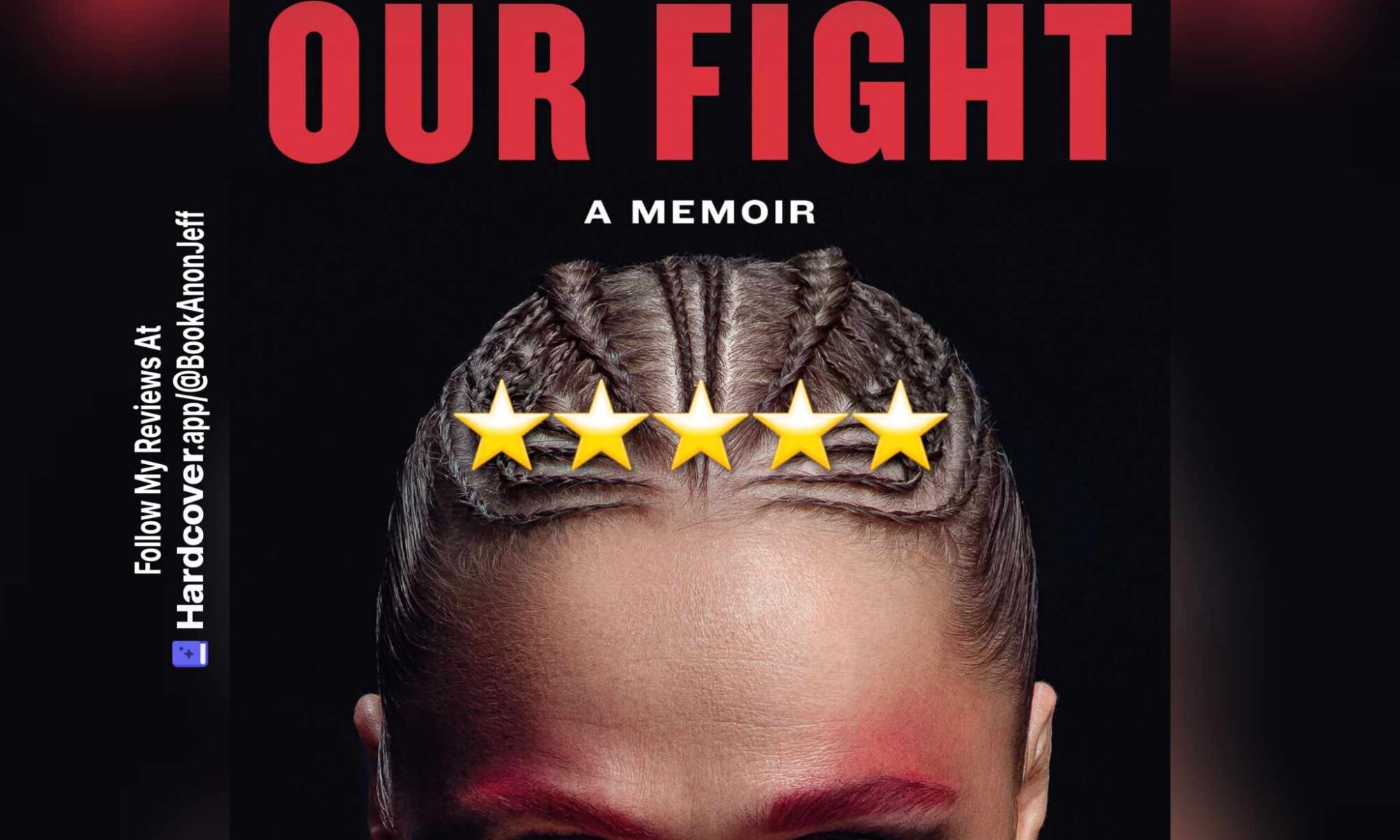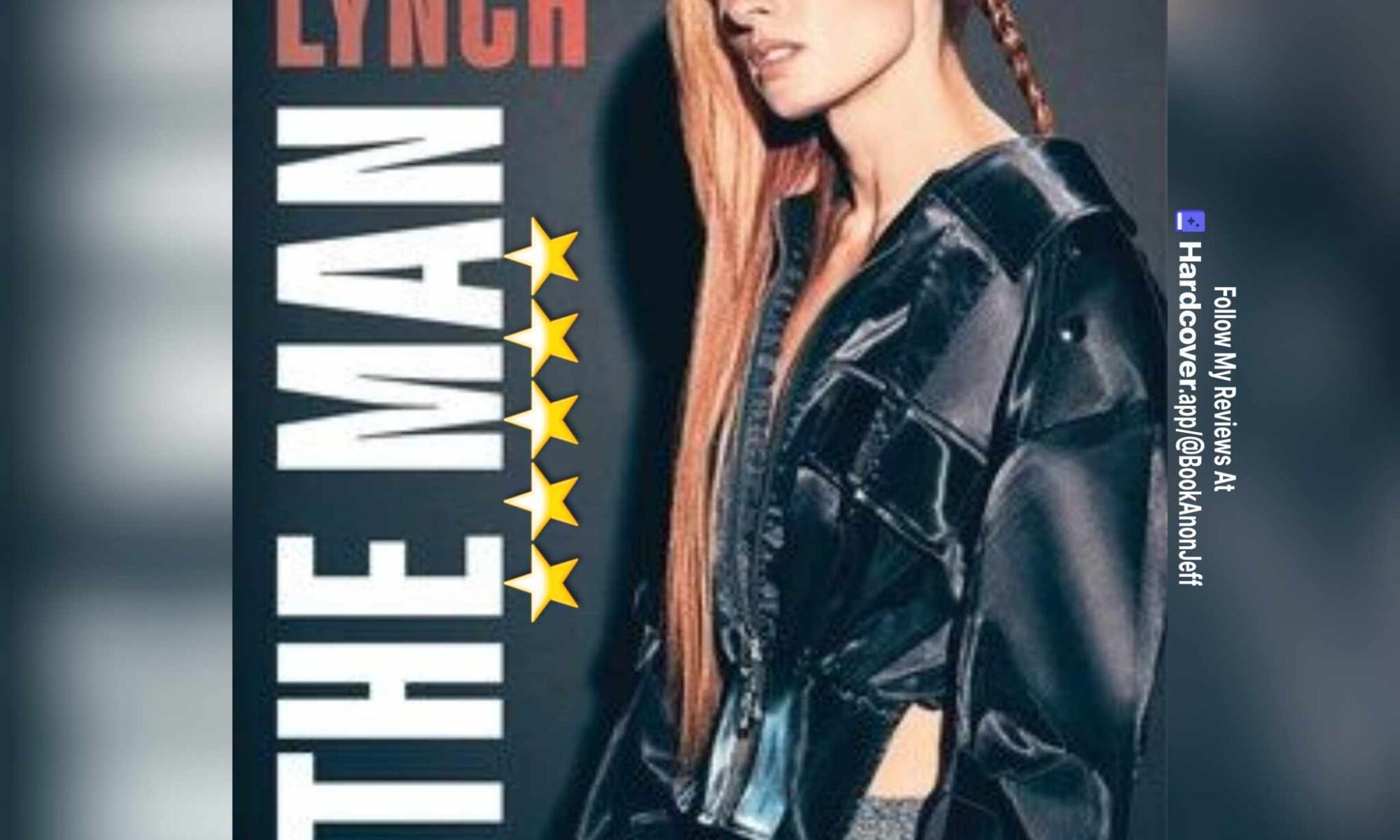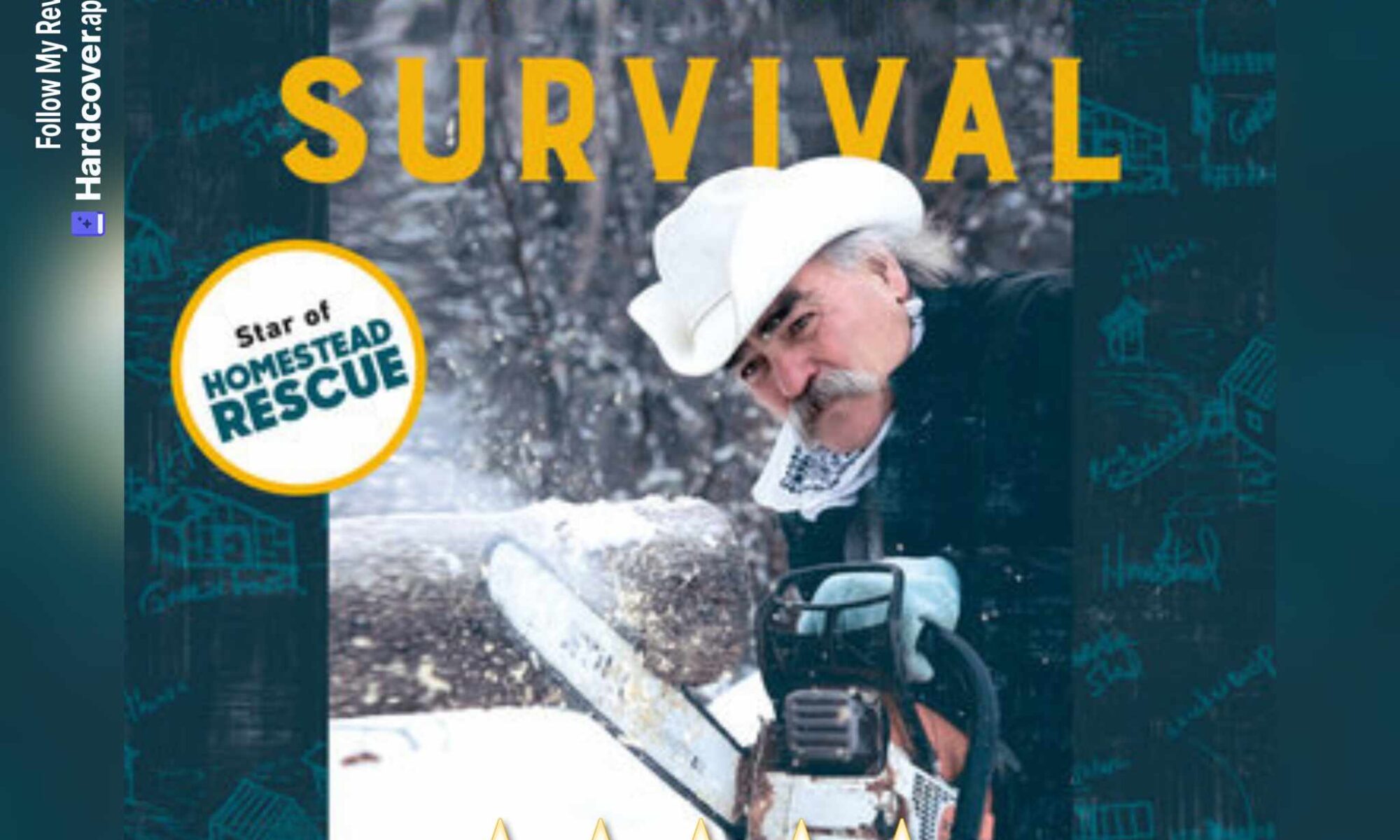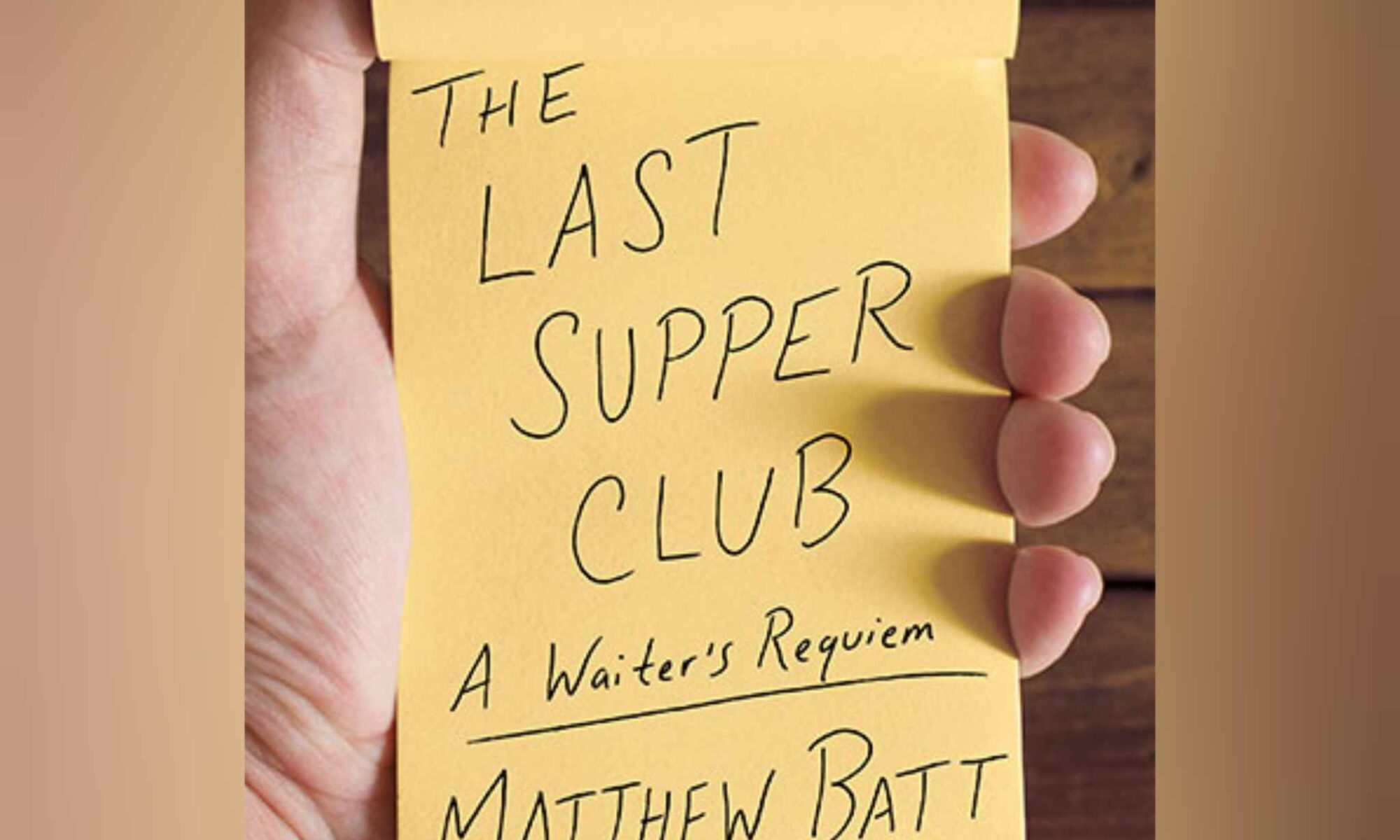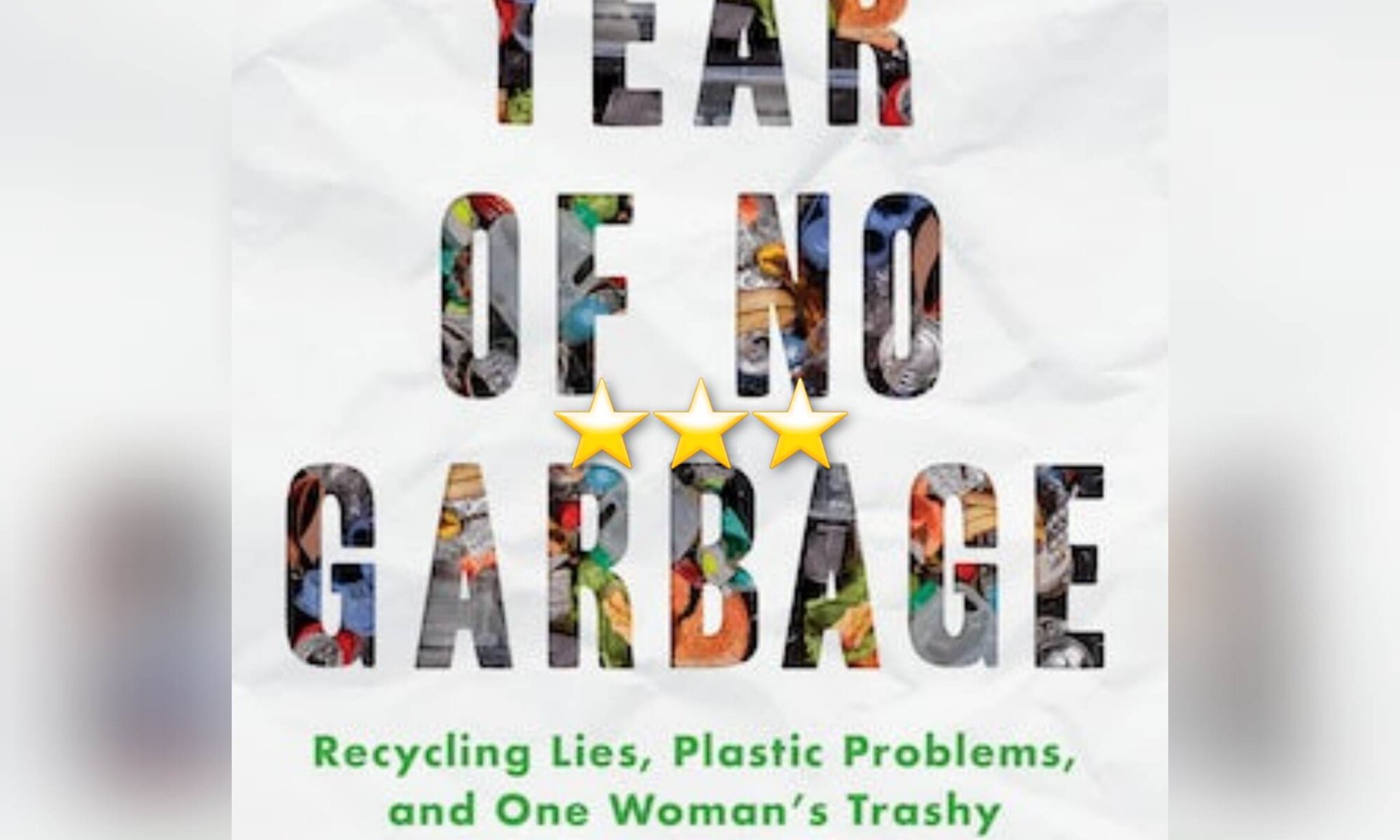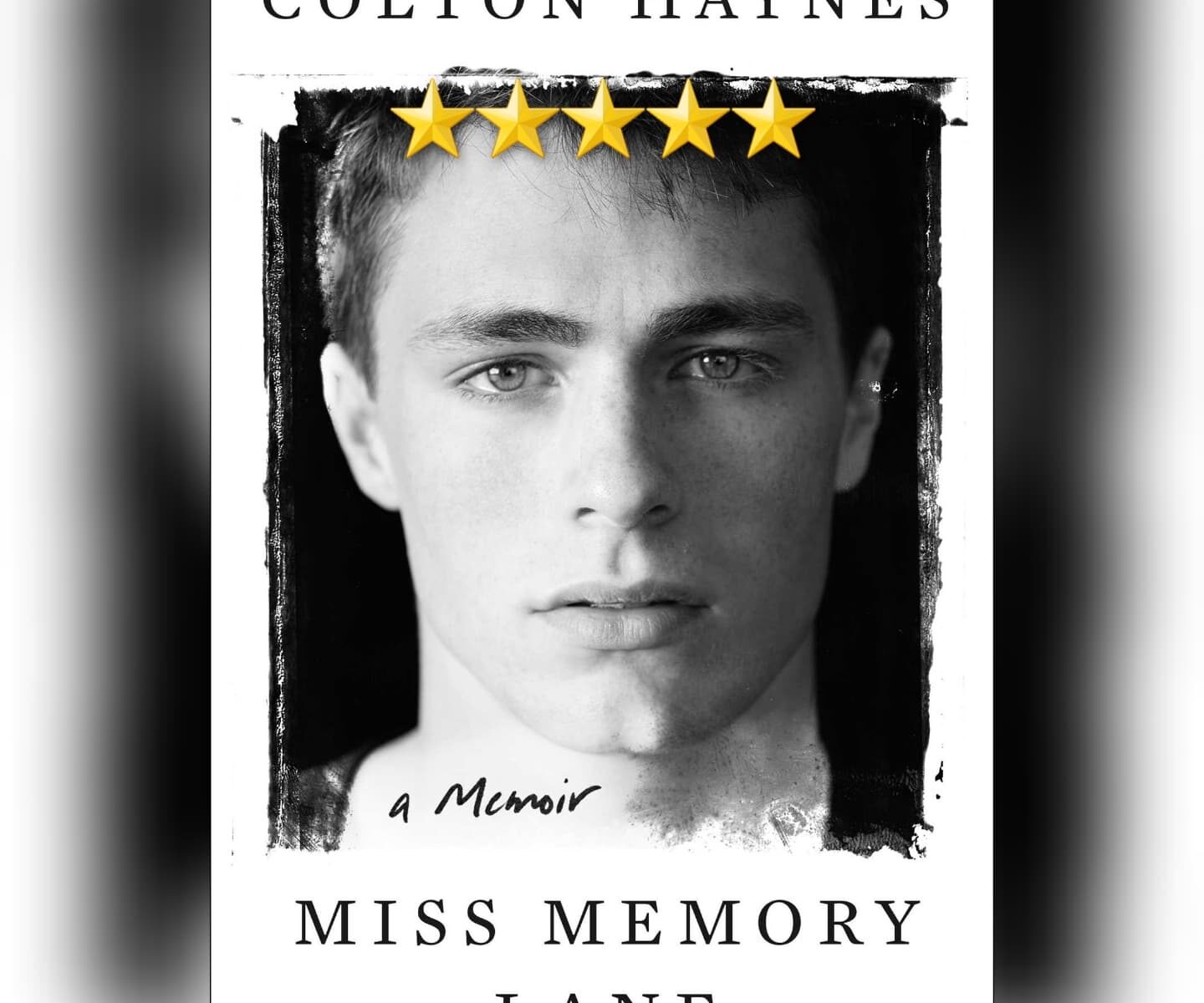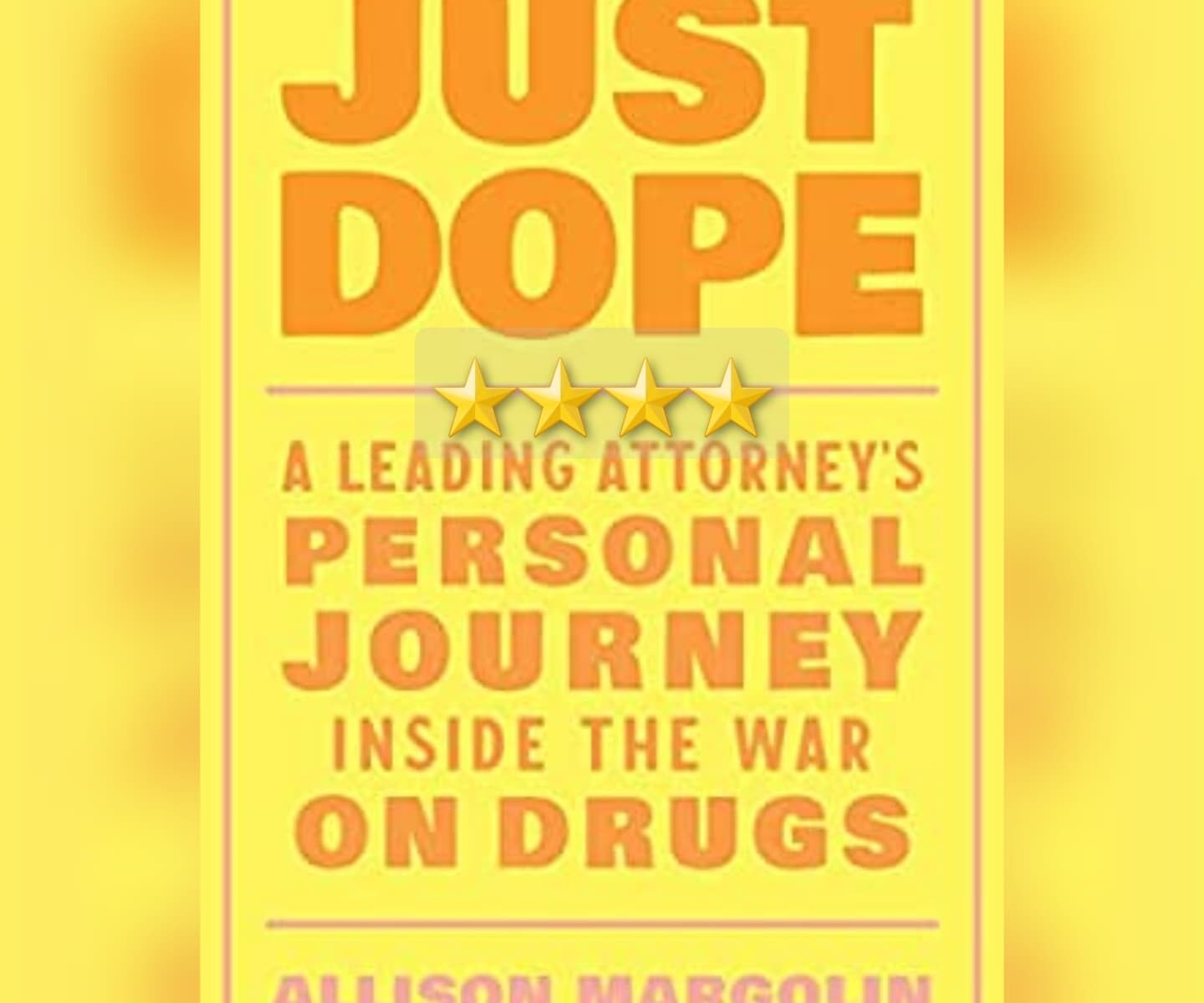Excellent, If Not Overly Shocking, Memoir. This is one of those memoirs where if you’ve known of this person for much time at all, you’re already going to know a lot of the public stuff about their career – much of which is in fact covered in this particular tale, including how Rebecca Quin first became Becky Lynch before later becoming “The Man”, then, in one of the most famous moments of the COVID era of WWE, her famous line to colleague Kanako Urai (better known as Asuka) “You go and be a warrior. Because I’m going to go be a mother.” Finally, the tale wraps up with at least a bit of what happened after, through the birth of her daughter Roux and getting back into the ring.
Like I said, anyone who has followed Quin even through her WWE days knows most of these details already, and let’s face it, “engaged woman in her early 30s is pregnant” is about as shocking as “the sky is blue”. Even Quin’s earlier relationship with Fergal Devitt (better known to WWE fans as Finn Balor) and her being trained as a wrestler by him was already known.
But there is quite a bit here that *hadn’t* been as openly discussed publicly, if ever discussed at all, including so much about her childhood and how much her parents and older brother meant and mean to her. Even her actual history of first getting into the ring, meeting Fergal, their relationship and eventual breakup, her early days in Japan before seeming to give up on the entire industry, her eventual comeback and why… these are all details that show who Rebecca Quin, the person, is and was well before Becky Lynch ever came to be.
And yes, we also get the story of how the name Becky Lynch came to be and her rise in WWE, including how she met a colleague named Colby (Lopez, better known to WWE fans as The Architect, The Revolutionary, The Visionary Seth “FREAKIN” Rollins, the current World Heavyweight Champion) on her first day on WWE’s “main roster” (the Raw and Smackdown shows) and how she was actually in another relationship at the time and he simply became a good friend. She talks about meeting Big E, the various McMahons that have been so integral to WWE over the last decades – Vince, Stephanie, and Stephanie’s husband Paul Levesque, better known to all as Triple H – and several others. She talks about how she met Charlotte and her actual friendship with her – and their falling out and Rebecca’s hopes that that relationship can be repaired. She talks about Ronda Rousey’s entrance to WWE and their eventual legendary Triple Threat with Charlotte at Wrestlemania. She talks about how quickly things started heating up with Colby once she allowed the possibility that there might be something there. She talks about the days leading up to the meeting with Asuka above, and she talks about the months after that and all that was going on in that period of her life. She even directly mentions getting the deal to write this very book.
Overall, this isn’t one of those WWE memoirs that is meant to be a tell-all of all the famous people she has met and known or of all the various rivalries she has had, though all of that is done a fair amount as well. This is instead meant more as a way to humanize Becky Lynch back to Rebecca Quin, to reveal the actual woman behind the character, full of all of her own doubts and insecurities that the character largely (but not completely, as this is what in some eyes makes her so endearing) hides.
And in the build up to what WWE is currently billing as “the biggest Wrestlemania of all time” just 8 days out from when I write this review and just 11 days removed from the publication of this book, this is a particularly timely book with Quinn herself challenging for the Women’s World Championship and “Colby” now being so heavily featured in the event – seemingly working both nights of the massive two night event.
I’ve read a lot of WWE memoirs over the years, including from HBK Sean Michaels, The Rock, Mick Foley, now AEW superstar Chris Jericho, and even Batista’s memoir. In all honesty, even though many of those lean more into the “look at all the famous people I know” (and perhaps even *because* of this), this book, even in its brevity of discussing some of the finer details of her relationships, particularly with others in the public eye (and, admittedly, her current work colleagues) is one of the most “real” WWE memoirs I’ve ever come across. Quinn doesn’t hold back from her own thoughts and her own problems, even as she shies away from discussing too much about others’ issues around her.
Ultimately a compelling memoir, and, again, a very timely released one. Very much recommended.
This review of Becky Lynch: The Man by Rebecca Quin was originally written on March 29, 2024.

